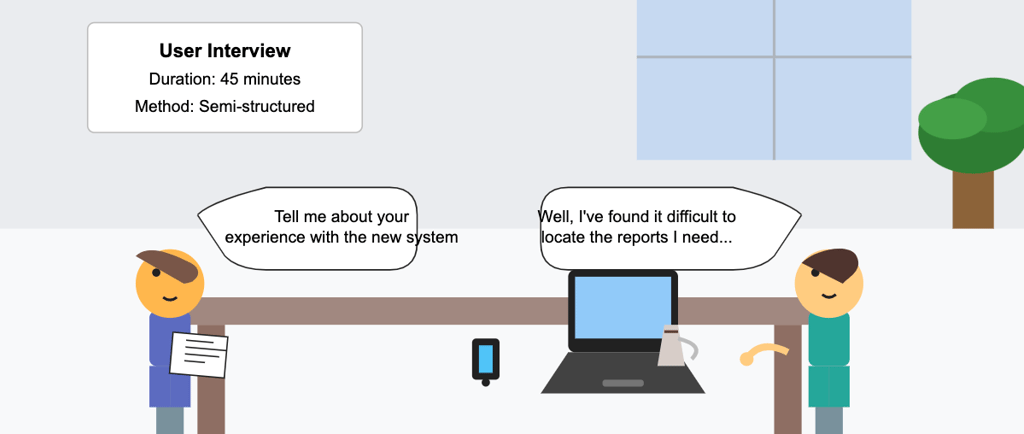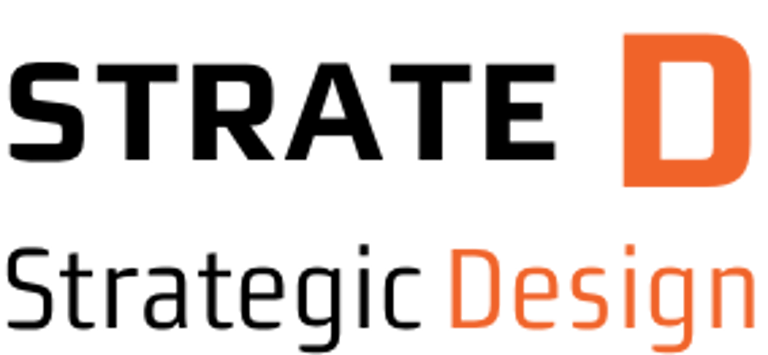User research is precious capital, use it wisely
User research is precious capital, pretty much like other natural resources. It needs to be used wisely as otherwise it can have far more harmful impact
2/25/20253 min read


User Research is like a precious commodity, it can diminish very quickly depending on how you use research. User research done in a wrong or misguided way is actually far worse than doing no research at all. User research is just not about insights but also a strategic intent of the organisation about understanding its users and their role and say in the evolution of the product or the service. Hence user research can leave either a positive or negative impact on users, product and the whole business.
User research wisdom
Every product or service definition and iteration requires user research however how much is good and when should we do it is as much an art as it is science of the planning and analysis. To arrive at the answers for the when and how much, organisations should ask the “why” and “where” first. So the first aspect is to understand why should we do user research, what we will gain from it, how will our product and service teams implement the insights. Merely trying to understand users through a wide user coverage is not going to help and will quickly frustrate stakeholders as well as the users whom the teams are going to engage with.
Enterprise users vs citizen users and the case for planning
This difference in approach around user research is noticeable when it comes to enterprise users i.e internal employees, expert users or B2B users. These are users who know their domain well and generally perform repetitive tasks. Business units within organisations are highly protective of their time and generally rely on designated SME’s to provide any product or service development requirements. Compared to citizen users, it takes lot of political alignment through multiple stakeholders to get participation from enterprise users for user research. Hence, any user research that is done without a meaningful plan and objective will quickly alienate the business units and risk future engagement opportunities for research participation.
User research and the case for business change
When planning user research it is important to work at the leadership level to understand sensitivities associated with enterprise users. The user research team should closely work with business change and comms to ensure any such risks related to perceived messaging is mitigated. For example, enterprise users may see this a sign of potential restructuring, change in roles and responsibilities. Their is also a potential commercial and business risk where some of these changes could be highly confidential in terms of new business or tech being introduced. In order to make the UR plan a success, the UCD or product/service teams should first make this an integral part of their business change plan.
How and when to use the insights
User research teams generate a lot of insights but is the organisation fully incorporating them into its product and service decisons. Are the two conveyer belts aligned or is the luggage from the user research belt falling off and waiting to be claimed? Lack of coordination and planning between your user research teams and the other teams means that you are not only wasting money on user research but also failing to pick up real key nuggets that will make a huge different to your competitiveness and likeness in the market. I have seen organisations trying to force fit user research retrospectively so that they can tick the box as well as reconfirm their product decisions. However, this is only false hope and a wrong way to use user research as the biases have already been built in and the answer will always be what you expect.
As we move into the AI-enabled world, product and service development times are shrinking and the risk is that we might be tempted to listen even less to real users because we want to launch the product faster. However, if we take a contrarian view, this is a great opportunity to do more user research and farm out multiple concepts and prototypes. Thinking like a Venture capitalist, use the user research to see which concept fares better and wins eventually and that is the right product or service to launch and implement. Its disruptive to the current model but in a world where software is cheap to develop user research and service design will be the key innovation drivers for market differentiation.
©2023 Strated, All rights reserved
CONTACT
5 Brayford Square
London
E1 0SG
United Kingdom
